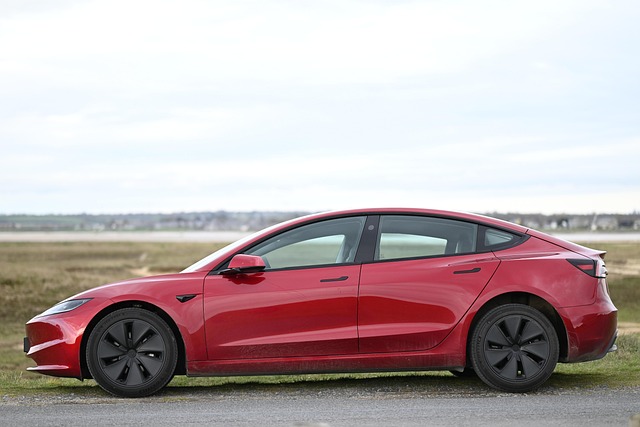Exploring Bicycle Traffic Research for Transport Sustainability and Rural Development
Bicycles are more than just a mode of transportation; they encapsulate the ethos of sustainability, community, and individual empowerment. With an ever-growing emphasis on eco-friendly practices, bicycle traffic research has become a focal point in enhancing transport sustainability, particularly in rural settings. As we delve into this nexus, we uncover how fostering bicycle use can create a transformative impact on both transport systems and rural development.
Transport Sustainability
The quest for sustainable transport solutions is gaining momentum globally, driven by the urgent need to mitigate climate change and reduce urban congestion. Bicycles present a unique opportunity to address these issues effectively. By integrating bicycle traffic research into urban planning and policy-making, cities can build safer, more efficient cycling infrastructure that encourages more people to swap four wheels for two.
Studies show that improved bicycle infrastructure can lead to increased ridership, reducing carbon emissions and dependency on fossil fuels. Moreover, the potential for bicycles to alleviate traffic congestion serves to enhance the quality of life in urban areas where gridlock has become a norm. With targeted research, municipalities can identify patterns in cycling behavior and challenges faced by cyclists, allowing them to make data-driven decisions to foster a cycling culture.
Rural Development
While urban areas often steal the spotlight, rural communities stand to gain immensely from an emphasis on cycling. Bicycle traffic research highlights the potential for bicycles to connect remote areas, enhance accessibility, and stimulate local economies. For regions where public transport is sparse or non-existent, bicycles can serve as a lifeline, offering an affordable and efficient means of transportation for residents.
Rural development initiatives that incorporate cycling can promote physical health, reduce social isolation, and increase access to essential services. For instance, localized bike-sharing programs can empower residents by providing access to transportation without the overhead costs associated with car ownership. Furthermore, the promotion of cycling as a viable transport option can lead to increased tourism, providing additional income streams for local businesses.
Research and Future Prospects
The role of bicycle traffic research in shaping sustainable transport policies is becoming increasingly critical. Ongoing studies play a pivotal role in identifying the best practices and innovations needed to promote cycling. These insights can guide investments in infrastructure, focusing on bike lanes, traffic calming measures, and safety enhancements that prioritize the cyclist’s experience.
Moreover, as technology advances, the integration of smart bike solutions—such as GPS tracking, connected bike-sharing, and cycling apps—can help further encourage cycling as a mainstream transport option. Engaging the public in this research allows communities to voice their needs and aspirations, ensuring that bicycle initiatives are truly reflective of local context.
Ultimately, the intersection of bicycle traffic research with transport sustainability and rural development reveals a pathway toward healthier environments and empowered communities. By embracing bicycles as a pivotal component of our transport narrative, we can pave the way for more resilient and interconnected cities, while also advancing the livelihoods of rural inhabitants.




